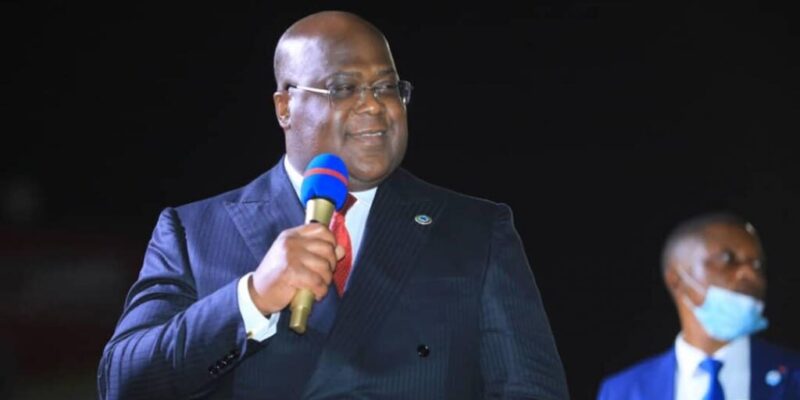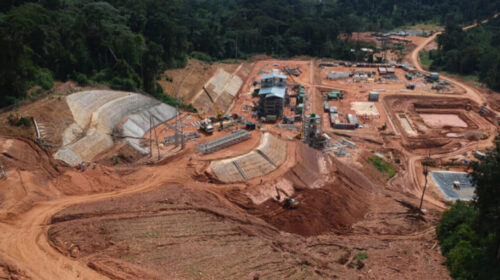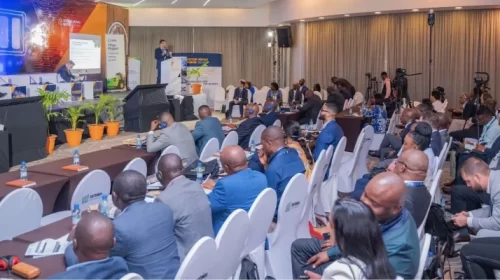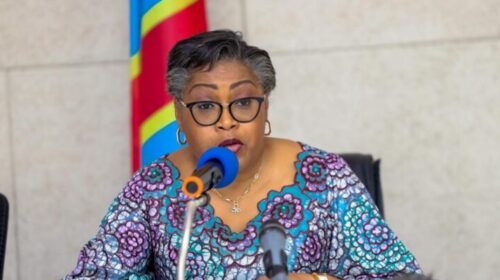President Tshisekedi Highlights DRC’s Economic Resilience Amid Global Challenges
On Wednesday, addressing a joint session of parliament in Kinshasa, President Félix Tshisekedi outlined the Democratic Republic of Congo’s economic situation.
Despite global economic shocks and geopolitical tensions, Tshisekedi emphasized that the country has demonstrated “exemplary” resilience and is adapting “successfully” to contemporary challenges, with promising signs of economic stability.
“We are forecasting 6% growth this year, well above the 3.8% average expected for sub-Saharan Africa. Despite a slight slowdown, this result showcases our resilience to global and local challenges, providing a foundation for a more diversified, sustainable, and forward-looking economy,” Tshisekedi stated.
He also highlighted a preliminary $3 billion agreement with the International Monetary Fund as a key step in strengthening the country’s economic position.
However, Tshisekedi acknowledged inflation as a pressing concern for Congolese citizens. In the first half of the year, inflation surpassed the annual target of 11.3%, driven by rising transport costs, petroleum product rationing, and increases in food and beverage prices.
“The Congolese franc has depreciated by 4.2% against the US dollar since December 2023, raising the cost of imports and intensifying inflationary pressure,” Tshisekedi explained.
Despite this, he reassured parliament that public finance management and collaboration with the Central Bank of Congo have stabilized the exchange rate.
As of November 27, 2024, international reserves stood at $6.1 billion, covering 14 weeks of imports and bolstering the country’s economic resilience.
To address inflation and support economic growth, Tshisekedi noted that his administration has stabilized the macroeconomic framework, improved the business environment, and secured financing under more favorable terms.
Prime Minister Judith Suminwa Tuluka’s government has been tasked with curbing inflation, stabilizing the national currency, and reducing the cost of living for households.
Tshisekedi’s administration continues efforts to address exchange rate volatility, a persistent issue that has plagued the national currency’s value against the US dollar.
65 total views , 1 views today





